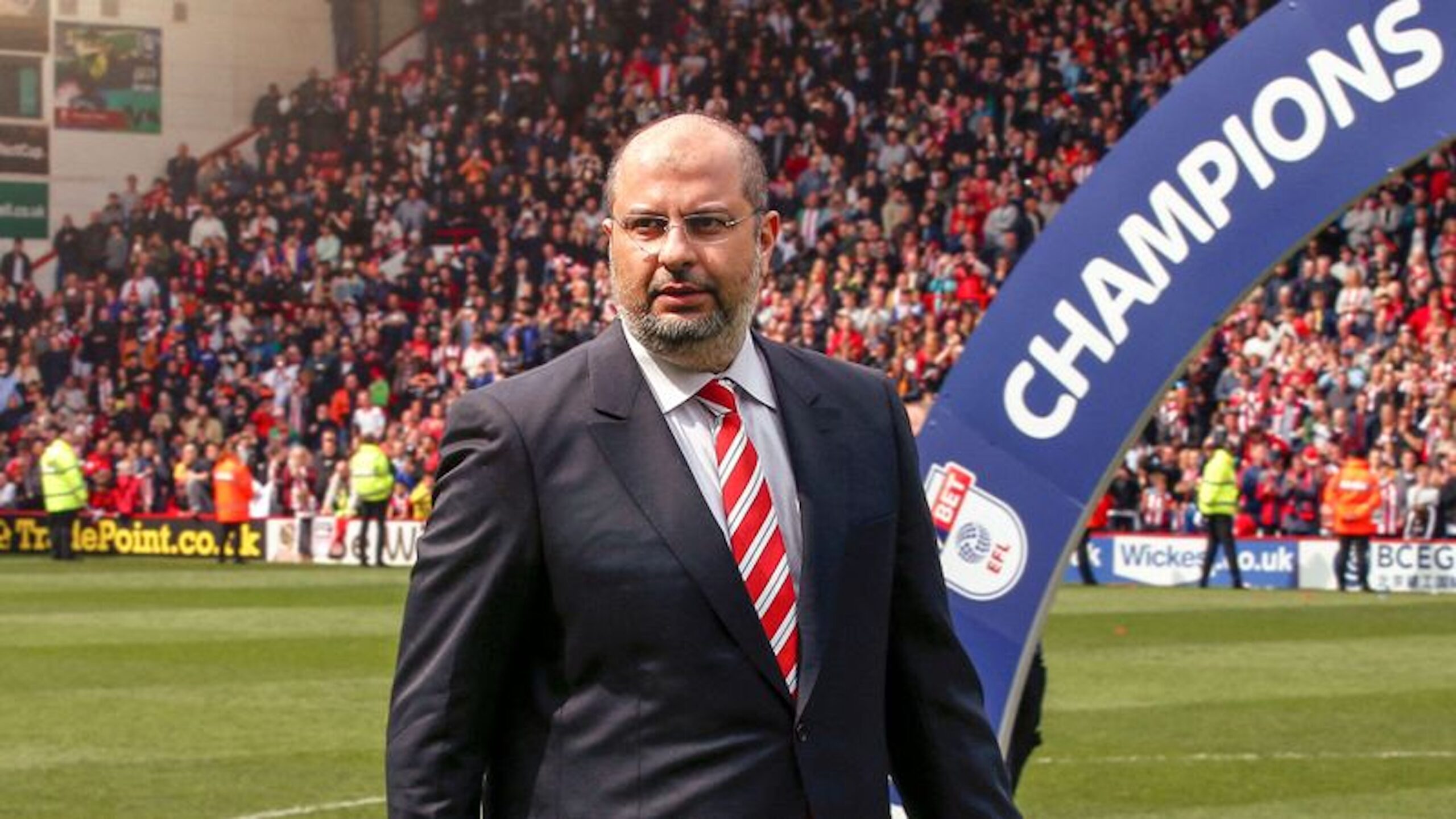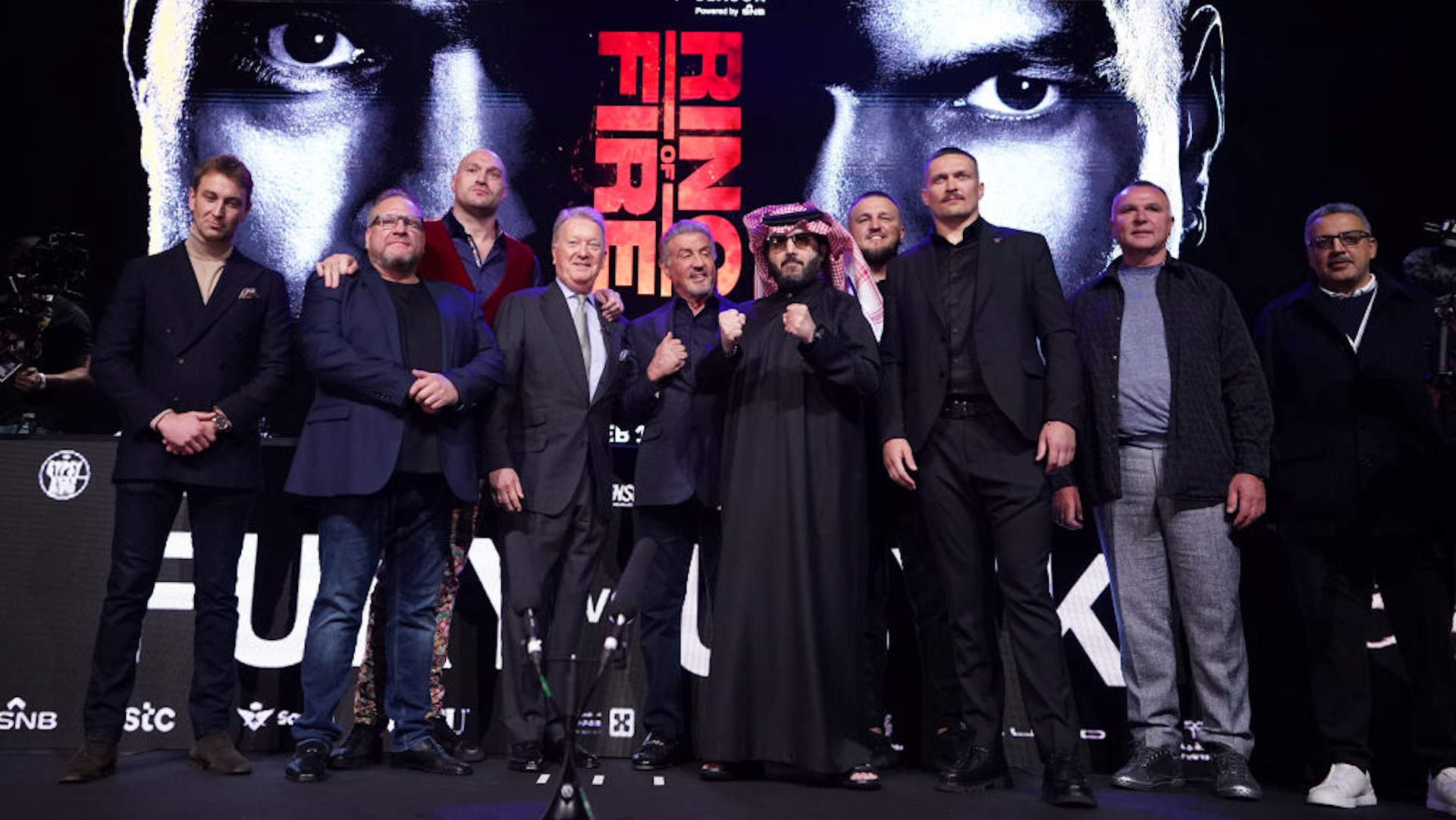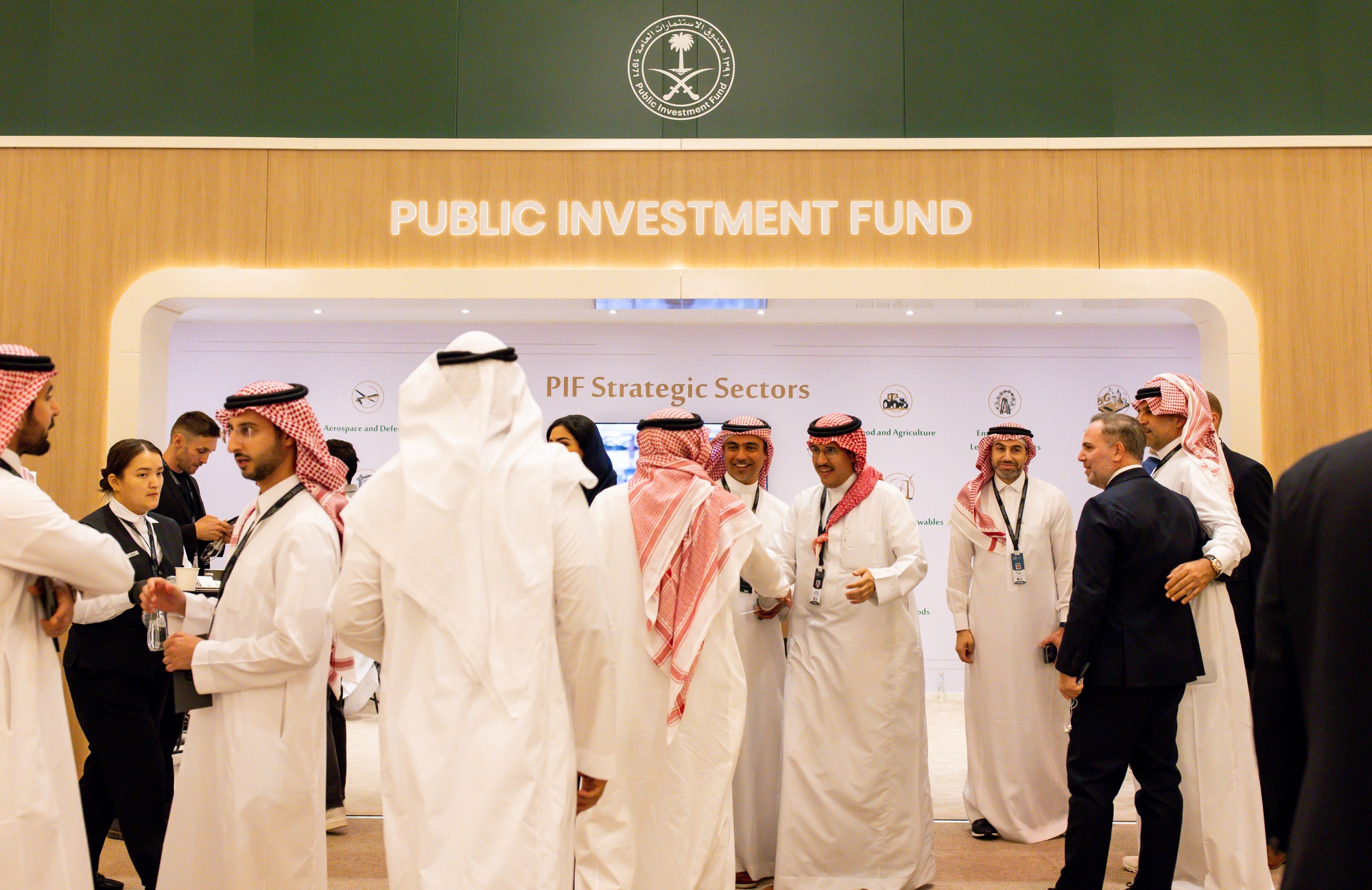


In a significant development in the world of sports investment, Prince Abdullah bin Mosaad bin Abdulaziz Al Saud has sold Sheffield United Football Club to the American consortium COH Sports for an undisclosed sum. The sale, announced on December 24, 2024, comes as the club currently sits at the top of the Championship, highlighting a successful period under the Prince's ownership since 2013. During his tenure, he oversaw three promotions to the Premier League and two relegations, demonstrating a dynamic yet challenging journey for the club [c7b9ef0c].
Prince Abdullah initially acquired a 50% stake in Sheffield United from Kevin McCabe in 2013 and achieved full ownership in January 2020. The deal with COH Sports includes not only the men's team but also Sheffield United Women, SUFC Hotel Ltd, and all associated real estate [c7b9ef0c]. This sale is part of a broader trend of Saudi investments in sports, which has seen the country awarded the 2034 FIFA World Cup and a spending spree in the Saudi Pro League that has attracted top talent from around the globe [c7b9ef0c].
The Public Investment Fund (PIF) of Saudi Arabia has been making waves across various sports sectors, including golf and boxing, as it seeks to expand its influence and investment portfolio. Recent negotiations involving the PGA Tour and the Newcastle United takeover have underscored the PIF's growing role in reshaping the sports landscape. The PGA Tour is in talks to create a new commercial entity with the PIF's involvement, while the Newcastle United acquisition has raised questions about governance and national security due to the PIF's significant financial backing [fad7b6b1].
As Saudi Arabia continues to solidify its position in the sports world, with over 900 sports sponsorship deals, including numerous football-related agreements, the implications of these investments are profound. They not only transform clubs and leagues but also raise discussions about the ethics of sportswashing and the influence of foreign investment in domestic sports [edfcb309].
The sale of Sheffield United is a pivotal moment in this ongoing narrative, reflecting the intersection of sports, business, and international relations. As the club transitions to new ownership, the future of Sheffield United and its place in the competitive landscape of English football remains to be seen, particularly with the backdrop of Saudi Arabia's ambitious sports agenda.